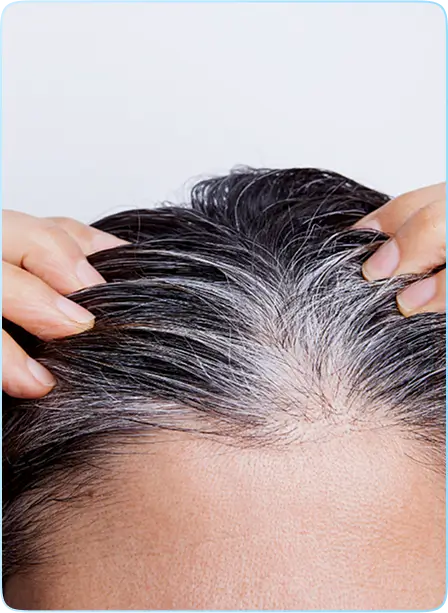Testosterone Replacement Therapy






Your Testerone Replacement therapy
Consultation With a Provider and Tele-Health Visits
Virtual Consultation not available in Hawaii, Vermont, or North Dakota
- Troches or Weekly Injections
- Supplies Included
- No Insurance Required
-
Membership & Member Discounts on
Additional Therapies


Understanding Low Testosterone and the Benefits of TRT

5 Takeaways About Low T and TRT
- Low testosterone affects both men and women.
- Symptoms may include fatigue, weight gain, low libido, mood changes, and poor sleep.
- In women, Low T often overlaps with perimenopause or menopause symptoms.
- TRT can restore energy, improve mood, support muscle strength, and enhance overall wellness.
- Profusions offers personalized TRT programs with licensed medical oversight and compounding pharmacy partners
Schedule your virtual consultation with Profusions today and discover if TRT is right for you
LOW “T”
can be caused by
many things


Testosterone Replacement Therapy for Women:
Regaining Strength and Energy
Testosterone is often thought of as a “male hormone,” but it plays a vital role in women’s health and well-being. Though produced in smaller amounts, testosterone supports energy, metabolism, bone density, sexual health, and mental clarity in women. When levels decline—whether due to ageing, perimenopause, menopause, or other factors—women may experience fatigue, weight changes, low libido, mood swings, and decreased muscle tone. These symptoms are often mistaken for stress or simply “getting older,” but in reality, they can be signs of Low T.
Testosterone Replacement Therapy (TRT) for women is a carefully monitored treatment designed to restore hormonal balance. Unlike one-size-fits-all approaches, TRT is personalized to each woman’s needs, helping to enhance vitality, improve mood, strengthen bones and muscles, and support overall feminine health. Many women report feeling more energetic, confident, and emotionally balanced once their hormones are optimized.


Testosterone Replacement Therapy for Men:
Regaining Strength and Energy
As men age, testosterone levels naturally decline—often beginning as early as the mid-30s. For many, this drop brings unwelcome changes such as fatigue, weight gain, reduced muscle mass, decreased libido, mood swings, and difficulty concentrating. While these symptoms are frequently dismissed as “just getting older,” they are often signs of Low T that can significantly impact overall health and quality of life if left untreated.
Ready to schedule an appointment?
Ask Us About
TRT or HCG
Metabolism Boosters
Sexual Health
HGH or Peptides
Skincare Biohacking

What our clients say about us

Aaron P:

Shana J.
